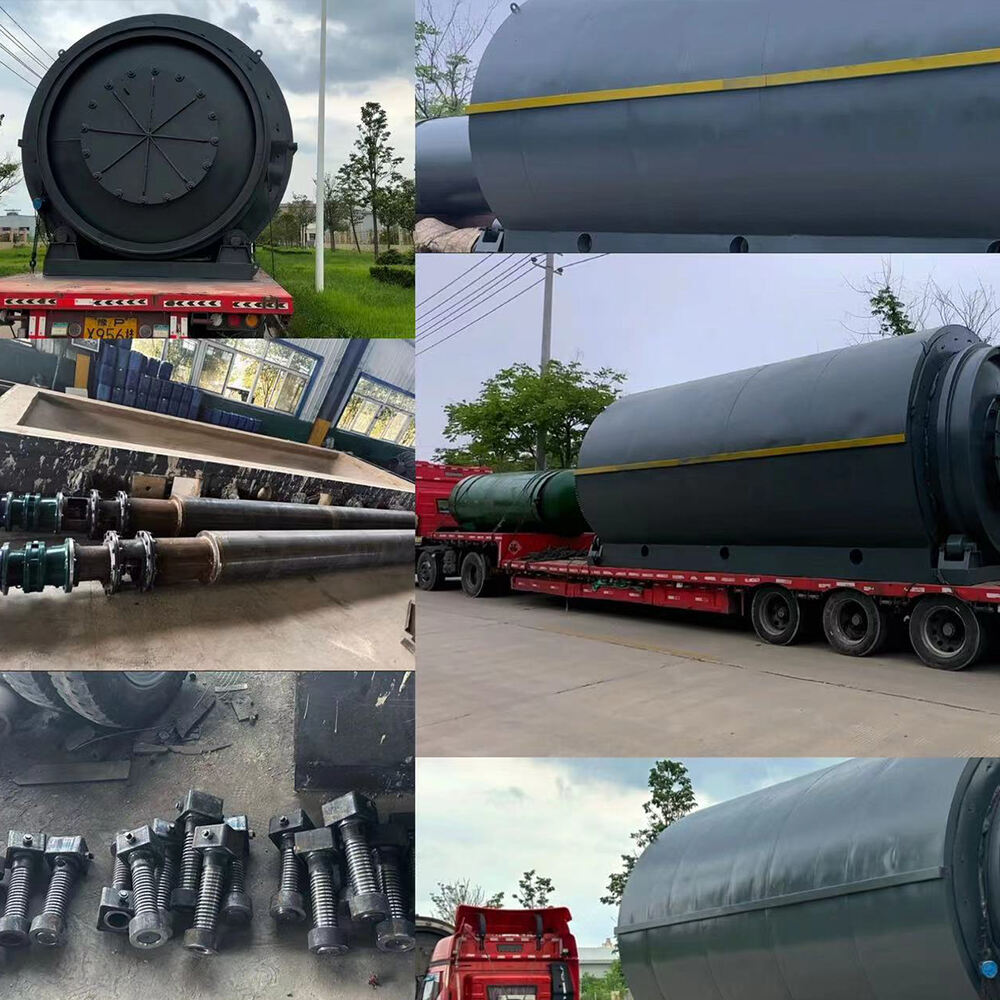Core Principles of Efficient Cracking Technology
Understanding Thermal vs. Mechanical Cracking Processes
Cracking technology plays a vital role in oil refining operations and generally falls into two main categories: thermal and mechanical approaches. With thermal cracking, the process works by heating hydrocarbons to extremely hot temperatures, usually exceeding 400 degrees Celsius. Refineries rely heavily on this technique to transform those thick, heavy oil components into lighter products that fetch better prices at market such as regular gasoline or diesel fuel. On the other hand, mechanical cracking takes place under much cooler conditions but still manages to break apart those long hydrocarbon chains through applied pressure instead. Many within the industry actually prefer mechanical methods because they consume significantly less heat energy during operation, making them somewhat more economical from an energy standpoint despite their different approach.
Looking at both methods side by side shows thermal cracking tends to produce more of those lighter products refiners want, whereas mechanical cracking stands out because it doesn't eat up so much energy and leaves behind a smaller carbon trail. Refineries pick one over the other based on what they need from their operations really. Some places care more about getting certain types of fuel out, others watch their power bills closely. When green concerns take center stage though, many plants turn to mechanical cracking since it just makes sense environmentally speaking. The oil industry has been shifting toward greener practices lately, so this kind of approach fits right into current trends without sacrificing too much in terms of output quality either.
Non-Cracking Vacuum Distillation Explained
Vacuum distillation works as a pretty advanced way to separate things without needing to crack them apart, basically relying on different boiling points to split up the components. We see this approach being really important during early steps when dealing with industrial waste before it gets processed further. The main advantage here is that vacuum distillation doesn't require those super high temps which means precious materials stay intact instead of breaking down from heat exposure. For industries where careful handling matters most, like when recycling old motor oil or similar substances, this method stands out because it handles materials gently without damaging their properties through excessive heating.
Waste oil recycling is one industry where vacuum distillation makes real sense both economically and environmentally. This method lets companies get much better results when recovering used oils, which translates into actual money saved and less damage to the environment. When businesses work with waste materials instead of throwing them away, they manage to reduce what goes into landfills while still creating something valuable from what would otherwise be trash. That's why so many recycling operations now rely heavily on vacuum distillation equipment for their day to day operations.
In summary, the integration of these advanced processes, including both cracking and non-cracking methods like vacuum distillation, underscores a move towards more efficient and environmentally friendly practices in waste oil management and industrial refining.
Key Applications in Industrial Waste Processing
Transforming Waste Lubricants into Base Oils
Turning old motor oil back into usable base oil shows what recycling tech can really do for our circular economy efforts. The whole process basically takes those dirty used oils, cleans them up through special refining methods, then puts them right back into circulation rather than letting them sit in landfills where they cause all sorts of problems. Companies that switch to using these recycled products often see their material costs drop dramatically too. Some numbers from the industry suggest savings around 60% on raw materials when they incorporate recycled oil into their operations. Governments are catching onto this trend as well. There's now plenty of regulatory backing alongside actual money incentives for businesses willing to jump on board with proper lubricant recycling programs. We're talking about things like tax breaks, funding opportunities for setting up local recycling facilities, and even better market positioning for companies that embrace sustainable practices. All these factors combine to make lubricant recycling not just good for the planet but also smart business sense in today's market.
Tire Recycling Through Advanced Pyrolysis Systems
Pyrolysis is changing how we deal with old tires by breaking them down at high temps without needing oxygen. What happens next? The tires turn into hydrocarbons, and from there we get useful stuff like carbon black and fuel oil. This means fewer tires ending up in landfills than ever before. Around the world, modern recycling plants have shown just how good this tech really works for cutting down on waste while getting back valuable materials. Look at some of these operations running successfully day after day, showing better efficiency rates and real environmental gains. For companies selling waste recycling equipment, pyrolysis tech represents one of those game changers that keeps growing in importance as municipalities look for smarter ways to handle their tire mountains.
Energy Recovery from Hazardous Byproducts
Energy recovery methods like gasification and combustion present real opportunities for dealing with dangerous waste materials. When companies turn their hazardous byproducts into usable energy, they cut down on environmental hazards while getting something valuable back in return. The numbers tell an interesting story too some advanced systems now hit recovery rates above 90 percent, which represents major progress in cutting down those pesky industrial carbon emissions. We're seeing this work across different industries already. Petrochemical plants and pharmaceutical manufacturers have adopted these approaches with success, slashing both their pollution output and monthly energy bills. These waste processing breakthroughs aren't just theoretical anymore they're changing how whole sectors operate day to day.
Technological Advancements Driving Efficiency
Modular Plug-and-Play System Architecture
The modular plug and play approach to system design is transforming how industries handle waste processing, bringing much needed flexibility and better efficiency to the table. When businesses adopt this kind of modular setup, they gain the ability to expand or shrink operations as needed while tailoring processes specifically for their waste management requirements. Take manufacturing plants for example many report that these systems make scaling operations much easier, cutting down on those frustrating periods of downtime when making changes or upgrading equipment. The real advantage comes from being able to adapt quickly to changing conditions, which means higher output and lower expenses overall. Industry reports show that switching to modular solutions typically cuts both initial setup costs and ongoing operational expenses when compared with older traditional systems. This gives companies using them a distinct advantage in today's competitive waste recycling and processing landscape.
RCPS Polishing for Sulfur & Contaminant Removal
Relative Crude Process System (RCPS) tech really shines when it comes to taking sulfur out of crude oil feeds something that makes all the difference for better product quality and staying on top of environmental rules. What sets this system apart is how it tackles contaminants head on, making sure the final product stays pure while cutting down those harmful emissions significantly. Industry data shows products processed through RCPS consistently hit higher quality benchmarks and pass strict environmental tests with flying colors. We're seeing more demand every day for low sulfur content in oils these days thanks to tighter regulations across Europe and North America plus consumers wanting cleaner burning fuels. For refiners looking to stay competitive without breaking environmental laws, RCPS offers exactly what they need right now. It bridges the gap between meeting legal requirements and capitalizing on market opportunities created by cleaner fuel demands.
Environmental and Economic Impacts
80% Yield Optimization in Oil Re-Refining
Getting close to that 80% yield mark in oil re-refining requires embracing some pretty cutting edge tech and methods that really pay off. Take for instance what's happening with these Janus Channel Membranes technology developments. They've made a real difference in how much product gets recovered and just how pure it ends up being compared to older approaches. Industry reports show this isn't just theoretical stuff either. Actual producers are seeing their bottom lines improve significantly after implementing these improvements. And let's not forget about the green angle here. When companies choose to recycle rather than dig up fresh crude, they cut down on carbon footprints quite a bit. Less need for new drilling means both wallet savings and planet protection at the same time.
ROI Analysis for Waste Recycling Machinery Investments
For companies looking at waste recycling equipment, knowing what kind of return they can expect from their money makes all the difference in whether these purchases actually save them cash over time. Some data suggests that newer recycling tech typically pays itself back within a reasonable timeframe, though this varies quite a bit depending on exactly what machines get bought. Recycling technology changes fast enough that businesses need to keep checking if their current setup still makes sense financially. They should watch out for new developments that might cut costs even further down the road. Smart spending on recycling gear doesn't just help budgets right away it also helps position firms better as markets shift toward greener operations and stricter environmental regulations.
Emerging Trends in Waste Recycling Machinery
Closed-Loop Systems for Zero Waste Operations
More companies are turning to closed loop systems as they try to reach that elusive goal of zero waste. The basic idea behind these systems is pretty straightforward waste gets reused again and again in production instead of just being thrown away. This cuts down on what needs to go into landfills quite a bit. Sustainability is probably the biggest plus point here. When less stuff ends up as trash, the whole operation becomes greener and looks better on paper too. From a business standpoint, there's real money to be saved when companies stop paying for disposal services and don't have to buy so many new materials all the time. Plus, customers tend to notice when manufacturers actually care about going green. A company that practices what it preaches about sustainability often finds itself in a stronger position when competing against others who aren't doing much at all.
AI-Driven Quality Control in Thermal Cracking
Thermal cracking has seen major improvements thanks to artificial intelligence applications in quality control and process optimization. When companies implement AI systems, they get much better at assessing product quality because these systems can handle massive datasets with remarkable accuracy. For instance, AI spots subtle temperature fluctuations during the cracking process that human eyes would miss completely. Beyond just improving quality, AI actually cuts costs significantly for manufacturers. Data analysis reveals where resources are being wasted, allowing plants to tweak their operations for maximum efficiency. Most thermal cracking facilities report around 15-20% cost savings after adopting AI solutions. What makes this technology so valuable is its ability to transform how thermal cracking works day to day, making plants both more profitable and environmentally friendly over time.


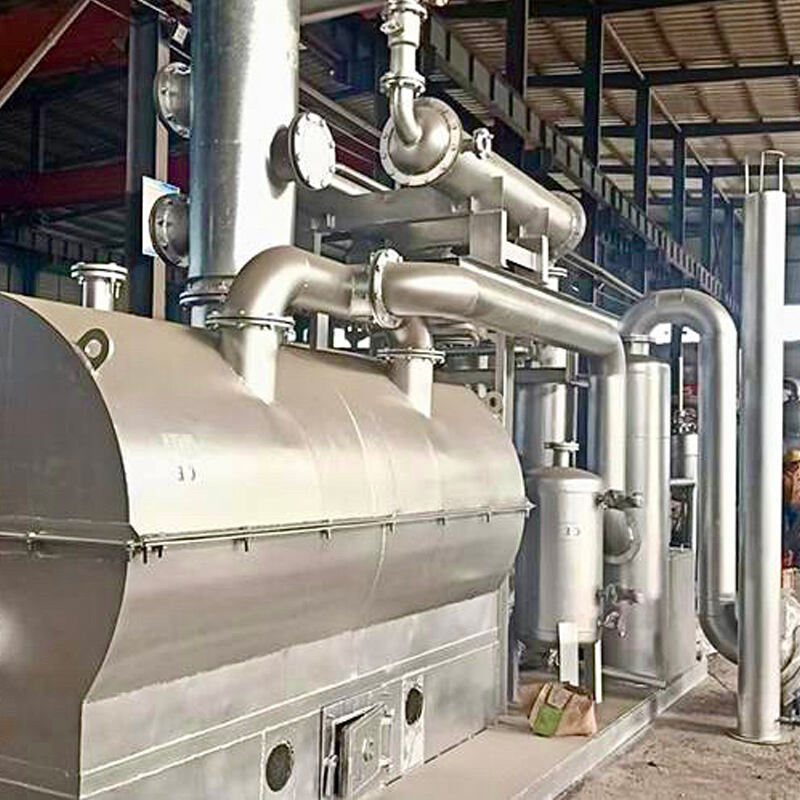
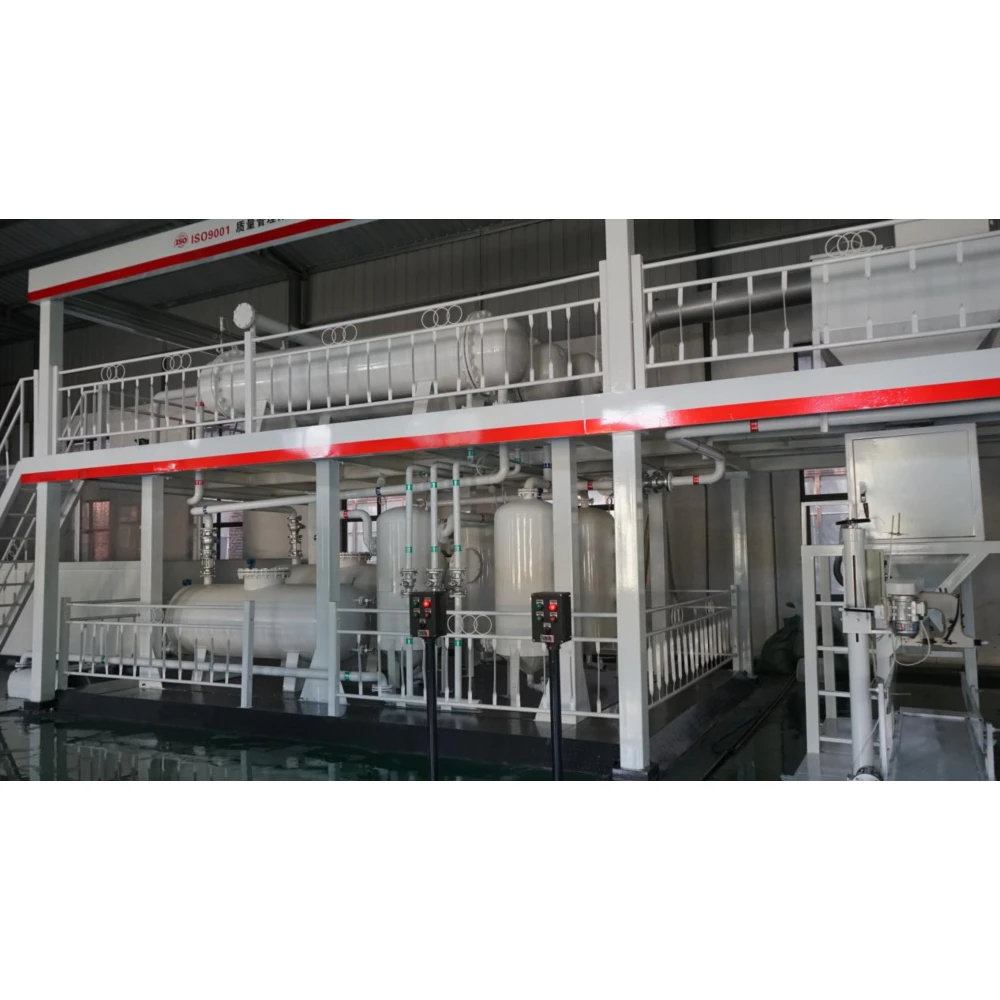
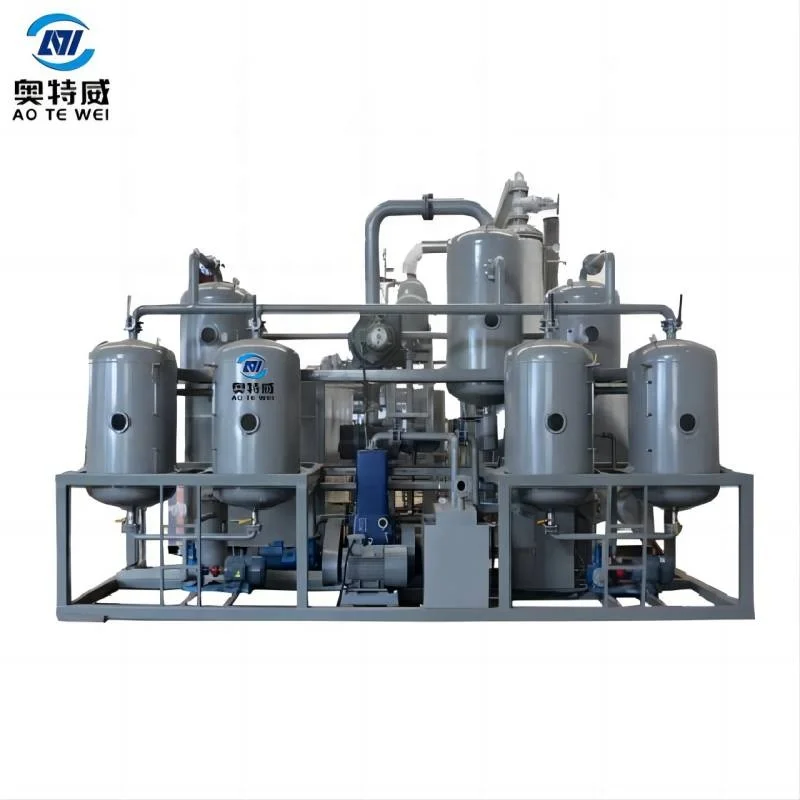
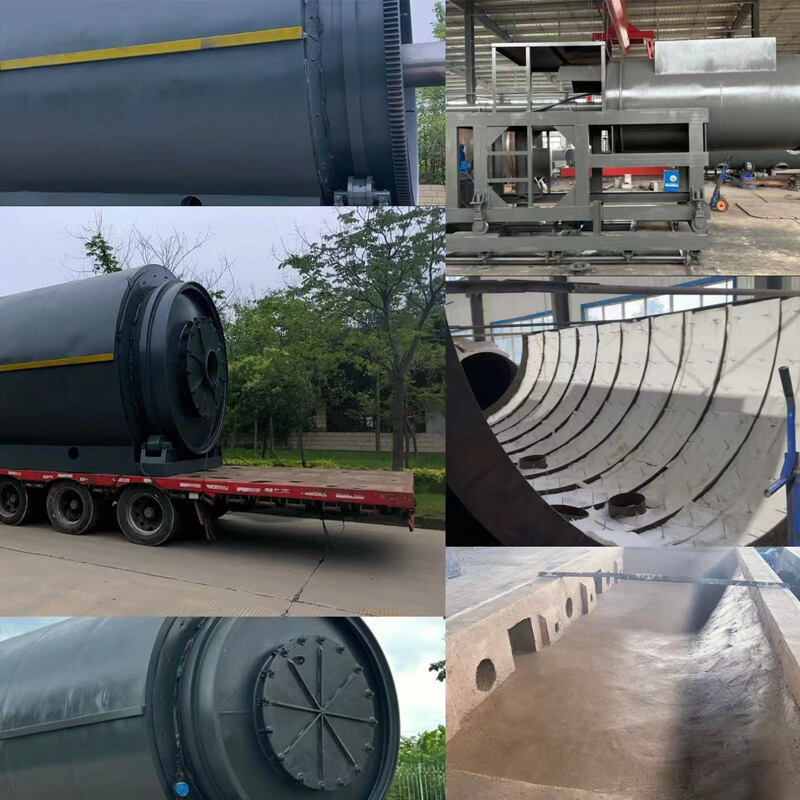

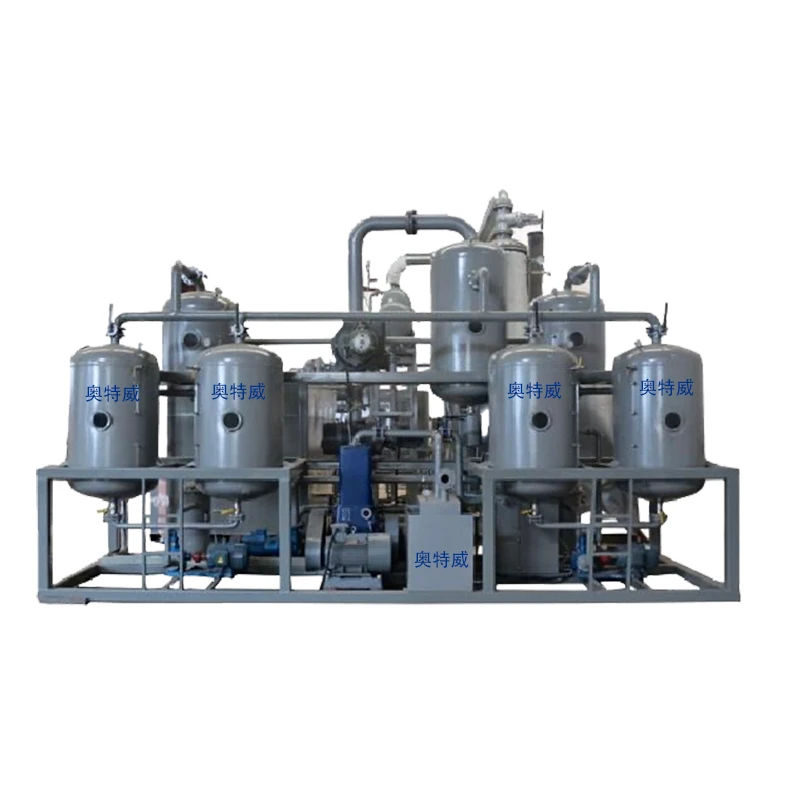
 Hot News
Hot News